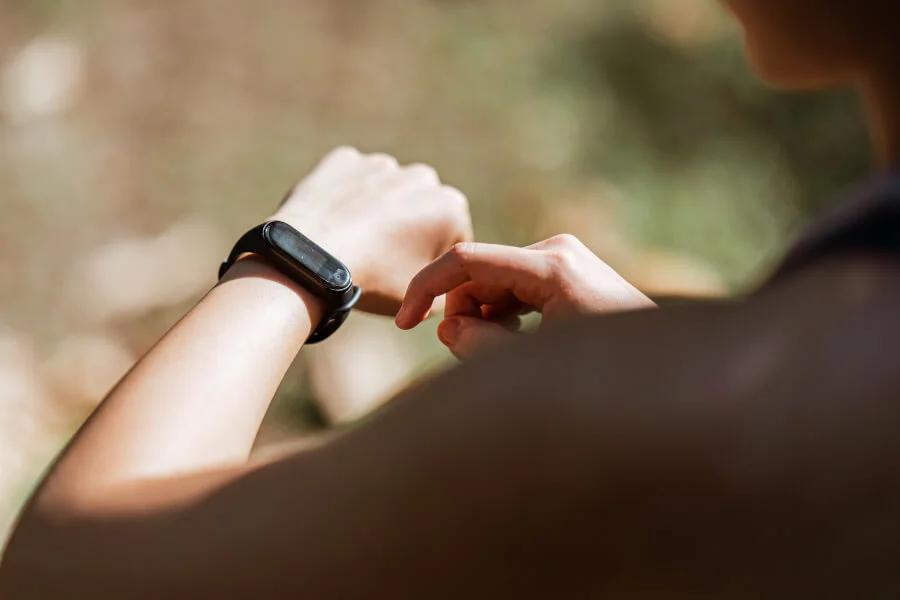Is Wearable Tech Joy Killer?

Individual or collective consumer responsibilization projects within the context of wellness marketplace have long been on the rise. They can be summarized as anything that promotes personal empowerment through illusion of (or perceived) control: Being green and environmentally friendly, choosing sustainable products, eating healthy, exercising more, being financially literate and responsible, paying attention to physical and mental health, just to name a few. (This is also part of a much bigger discussion around neoliberalism through a shift of responsibilization from corporations and institutions to individual consumer – for more insights, read Giesler and Veresiu, 2014)
Self-Measurement Technology
Accordingly there are various technologies and tools offered by marketers to anyone who crave for some feeling of control over their lives. One of these technologies is that of self-quantification. As the name implies, it refers to quantification of various behaviors and it has been on the rise for some time now thanks to the so-called wearable technologies. People can track and monitor various actions and vitals: the steps they took, quality of their sleep through their heart rate, the pages of a book they read, calorie intakes, running/biking pace and the like in order to be healthier. The main motivation in all these cases appears to be the desire to live a happier and healthier life in general. If you know how much of what you do or don’t do, you then could adjust your practices, whatever they might be and even compare your progress (or decline) with those of others around you (or afar).
Benefts and Harms of Wearable Technology
It works. It is proven that self-quantification tools help people for example to walk/run/ride longer/faster. So it appears that with such tools we do more of what we do, most of the time. As in the case of many other technological tools (hardware or software) as part of our lives, however, there are some (unintended) consequences of self-quantification: in this case, it is the loss of joy and accordingly, loss of motivation in the long run. Etkin (2016) in her research published in the prestigious Journal of Consumer Research provides that constant “measurement” of outcomes makes these activities feel like work, reducing their value, and thus enjoyment and also future engagement. Even if one might argue about the option of “not looking” at the devices during the activity, %71 people did actually look at their numbers simply because they had access to them. She concludes that measurement is seductive: when people are given an option to measure, they take that option and when the measurement is available, they attend to it. However measurement’s seduction is only short term. It undermines sustainable behavioral change in the long run simply because it slowly takes away the joy and fun. When you pay attention to only the output, and that's what happens with tracking, then enjoyable activities feel like work. This is different only when measurement is an integral part of the activity such as playing a video game or when activities are performed in the service of a clear goal
If you just want to run for the sake of it, and sometimes that’s what the doctor recommends, then don't measure it. Running with a watch versus running without a watch produce two completely different experiences. I am a competitive endurance athlete and I did/do measure my performance when I have specific race goals. At the same time I know that I feel the most joy and freedom in my runs when I don't have access to any data. And I make sure I have that every once in a while in my regular training schedule.
So the question is what could be the next big idea where we can still feel some control (even if illusory) and have great joy over a long period of time and leading into a desired behavioral change? I guess we shall wait and see who will come up with that assuming it is at all possible.
Giesler, Markus and Ela Veresiu (2014) “Creating the Responsible Consumer: Moralistic Governance Regimes and Consumer Subjectivity,” Journal of Consumer Research, 41(3), 840-857.
Etkin, Jordan (2016), “The Hidden Cost of Personal Quantification,” Journal of Consumer Research, 42(6), 967-984.









